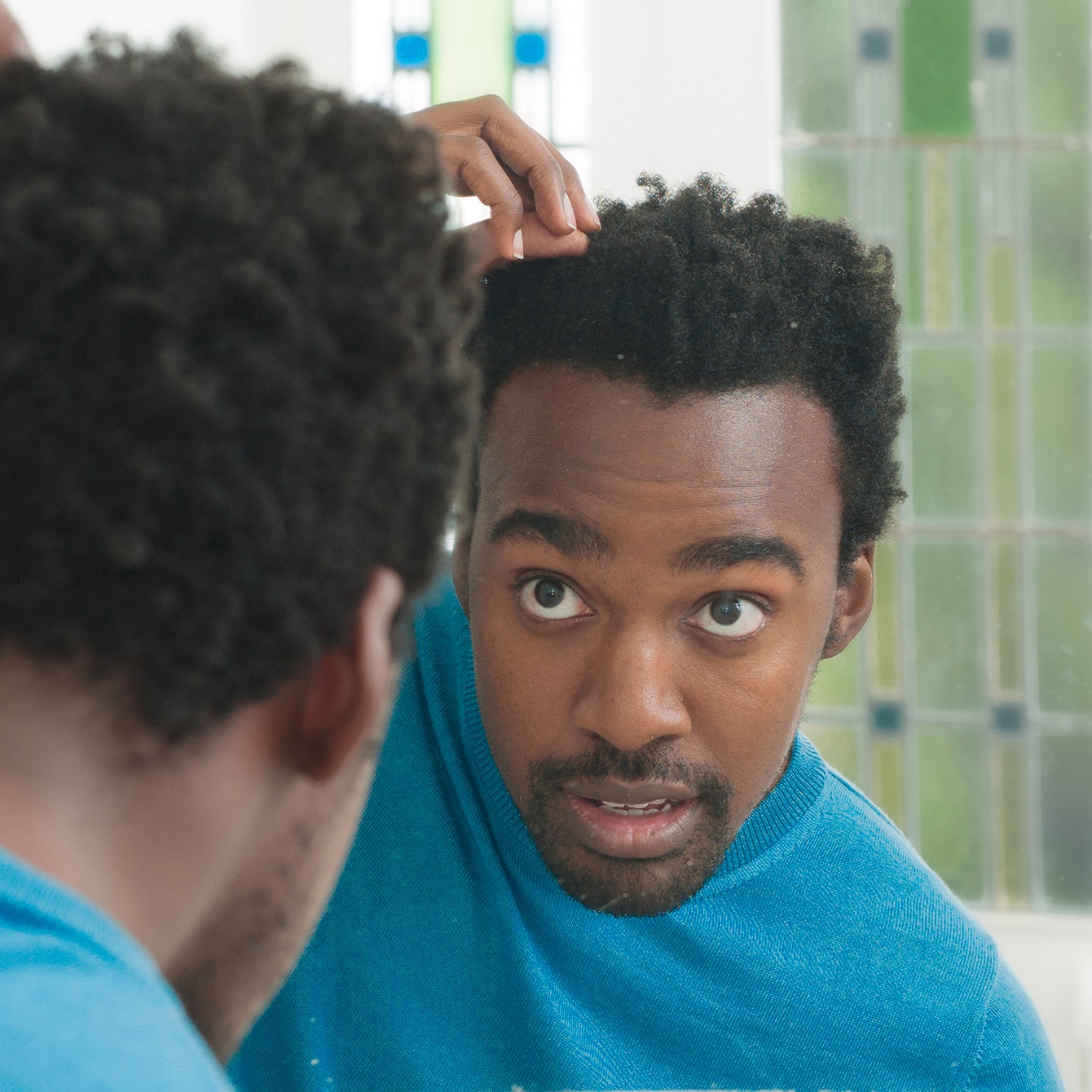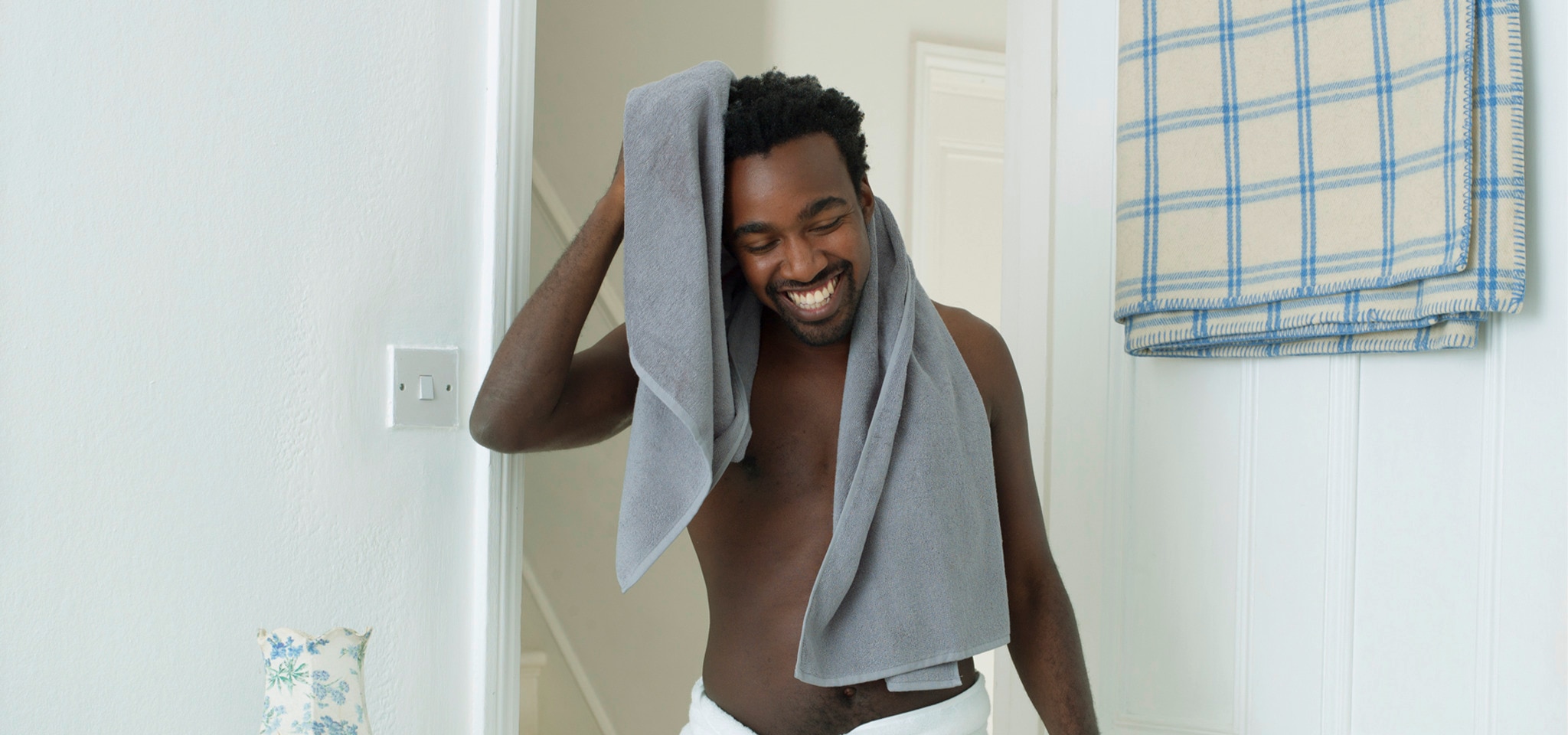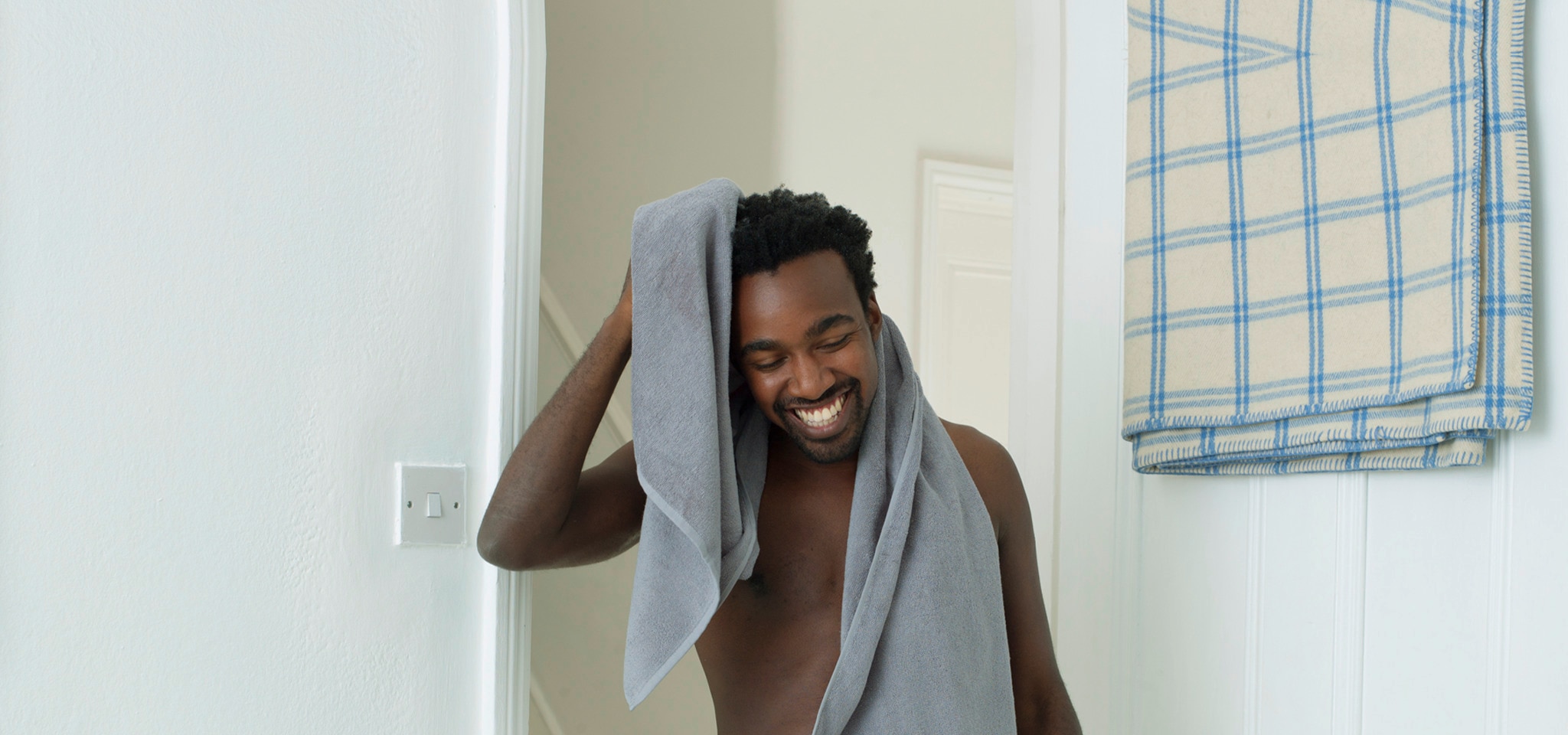The practice of self-care and self-love is integral to maintaining a healthy balance of emotional, physical, and spiritual well-being. However, societal pressures and expectations often lead men to prioritise the needs of others above their own, leaving little room for self-nurturing.
THE SIGNIFICANCE OF MENTAL HEALTH FOR MEN IN TODAY'S WORLD
With growing awareness of mental health for men, especially during the COVID-19 pandemic, the World Health Organization recently reported increased symptoms of anxiety and depressive disorders. Practicing self-care is essential for mitigating these symptoms and improving overall mental health and quality of life.
THE IMPACT OF MODERN LIFE ON EMOTIONAL WELL-BEING
Moreover, as the world becomes more interconnected and fast-paced, the need for self-care becomes increasingly critical. The constant influx of information and pressure to perform in various aspects of life can lead to burnout, making self-care a necessity for maintaining emotional well-being.
CHALLENGING THE SOCIAL CONSTRUCT OF HEGEMONIC MASCULINITY
Hegemonic masculinity, as conceptualised by Kopano Ratele in 2014, is a system that positions men as providers and caregivers, which enforces patriarchal power structures and control. Current social constructs like "Indoda Must" are prime examples of hegemonic masculinity which further exemplify the expectation that men must provide financial security and care for others.
In addition to these societal expectations, men's self-care and self-love can be further hindered by cultural, traditional, and religious influences that shape our understanding of manhood and masculinity. In many contexts, self-care and self-love are often mistakenly associated with femininity, leaving men uncertain about how to practice self-care effectively.
REDEFINING MASCULINITY FOR THE MODERN MAN
To foster self-care and self-love among men, it is crucial to redefine masculinity by adopting a modern, integrative perspective that encourages self-care without the fear of judgment or rejection. By breaking gender norms and redefining these societal norms, we can help men feel more comfortable prioritising their well-being. This transformation is not only essential for individual growth but also for promoting healthier relationships and communities.
INDIVIDUALISING SELF-CARE PRACTICES
It is essential to recognise that self-care is an incredibly personal practice, and no "one-size-fits-all" formula exists. Men must find practices that resonate with their unique needs and preferences. For some, self-care may involve physical activities that improve both physical and mental health, while for others, it may involve seeking therapy to foster psychological well-being.
Your skin works hard to keep the moisture locked in, especially with elements like the sun, wind, and excessive washing working to strip the moisture away. When it comes to hydrating your skin, reach for a product that is specially formulated to address dry skin and leave it feeling full of moisture.
Additionally, self-care can take on different forms depending on individual circumstances, such as age, cultural background, and personal experiences. Acknowledging these differences and promoting self-care practices that cater to individual needs is crucial to encourage men to prioritise their well-being.
Cultivating Self-Love and Positive Masculinity
Cultivating self-love is one essential aspect of self-care, as it forms the foundation for a healthy relationship with oneself. By practicing self-forgiveness and understanding, men can develop a more compassionate view of themselves, which in turn enables them to share love more effectively with others.
Encouraging young boys to embrace self-love practices from an early age sets the stage for a lifetime of positive emotional growth and interpersonal connections.
Prioritising Psychological Health in Men's Self-Care
Prioritising psychological health is another crucial component of self-care for men. While many men focus on physical health and appearance, it is essential to recognise the value of therapy in fostering psychological well-being.
By raising awareness of the benefits of therapy, we can help men understand its importance and encourage them to seek professional guidance when needed. Engaging in therapy promotes self-awareness and emotional resilience, contributing to a more balanced and fulfilling life.
Physical Wellness and Self-Care
Physical wellness plays a significant role in self-care, as engaging in regular physical activity offers numerous psychological benefits.
Exercise is known to increase self-esteem, improve sleep quality, and reduce feelings of depression and anxiety. When men participate in physical activities, their bodies release endorphins, triggering a "feel-good" sensation similar to that of morphine. Incorporating exercise into one's self-care regimen not only benefits physical health but also lays the groundwork for overall well-being.
The Role of Spa Treatments in Men's Self-Care
Lastly, dedicating time to spa treatments can be a valuable addition to a self-care routine.
Spa treatments provide an opportunity for relaxation and disconnection from daily stressors, promoting a sense of connectedness with oneself.
Encouraging men to embrace such treatments as part of their self-care routines can help to normalise these practices and create a space for rejuvenation and self-reflection. By prioritising self-care through spa treatments, men can invest in their mental and emotional well-being while enjoying a well-deserved break from their busy lives.
SUPPORTING MEN IN THEIR JOURNEY TO SELF-IMPROVEMENT
As a collective, we need to support campaigns that offer a platform for reimagining positive masculinity and cultivate a secure environment for men to explore healthier constructs of masculinity and manhood.
THE IMPACT OF THE DOVE MEN+CARE CAMPAIGN
Now entering its third year, the Dove Men+Care campaign has profoundly shaped my personal and professional development as a young gay black man working on critical masculinities in South Africa.
Rather than simply recognising my work, this campaign has catalysed progress in the vital mission to reinterpret masculinity. As a part of this campaign, I've been able to address pressing issues like toxic masculinity, gender-based violence, and societal challenges that men often perpetuate and I have observed men embracing self-love that extends beyond mere physical appearance, adopting a more holistic, layered approach to self-care.
GUIDING YOUNG BOYS THROUGH THEIR DEVELOPMENT
From this experience, I believe that we should concentrate on guiding young boys through the significant developmental, psychosocial, and cultural transitions into manhood, recognizing the roles that culture and traditions play in redefining masculinity and markers of manhood.
We must strive to uncover the essence of reimagining masculinity, ensuring that it resonates with men from rural and township communities. Including these marginalised men in our ongoing dialogue is essential since their perspectives are often overlooked.
CREATING A RIPPLE EFFECT OF POSITIVE CHANGE
By promoting self-care and self-love among men, we can help create a ripple effect of positive change in society. As men become more comfortable with practicing self-care, they can model these behaviours for future generations, fostering healthier and more emotionally intelligent individuals.
Normalising Self-Care for Men and Promoting Gender Equality
Moreover, embracing self-care and self-love can challenge traditional gender roles and stereotypes, promoting a more equitable society. By normalising self-care for men and promoting it as a universal virtue, we can work towards dismantling the harmful expectations that men should suppress their emotions and prioritise others' needs over their own. This shift in societal norms can lead to a more balanced, empathetic, and compassionate world where men and women can thrive equally.





